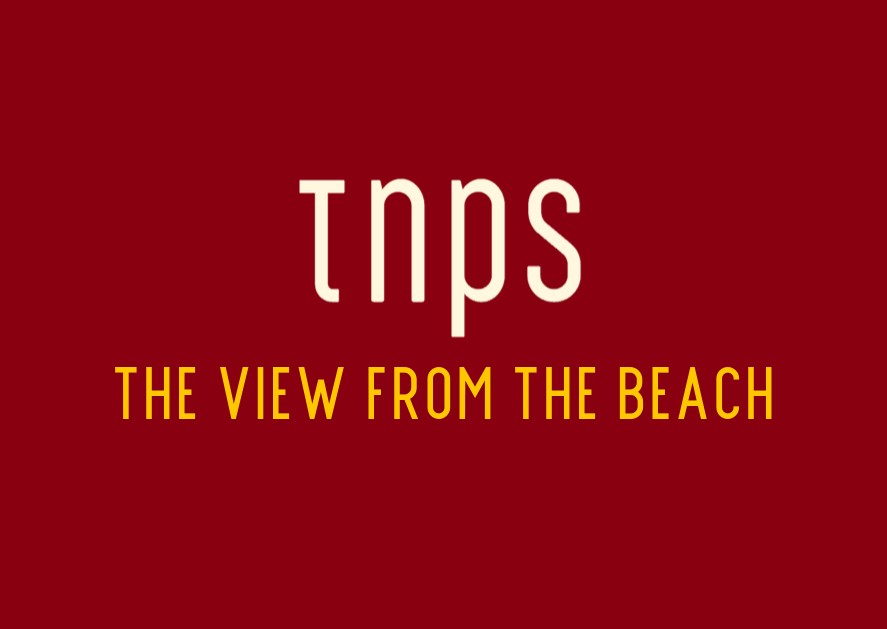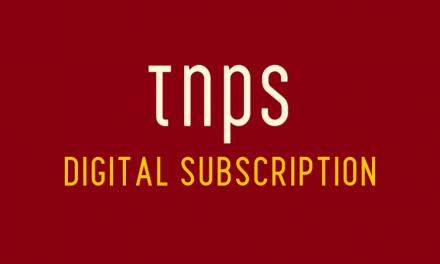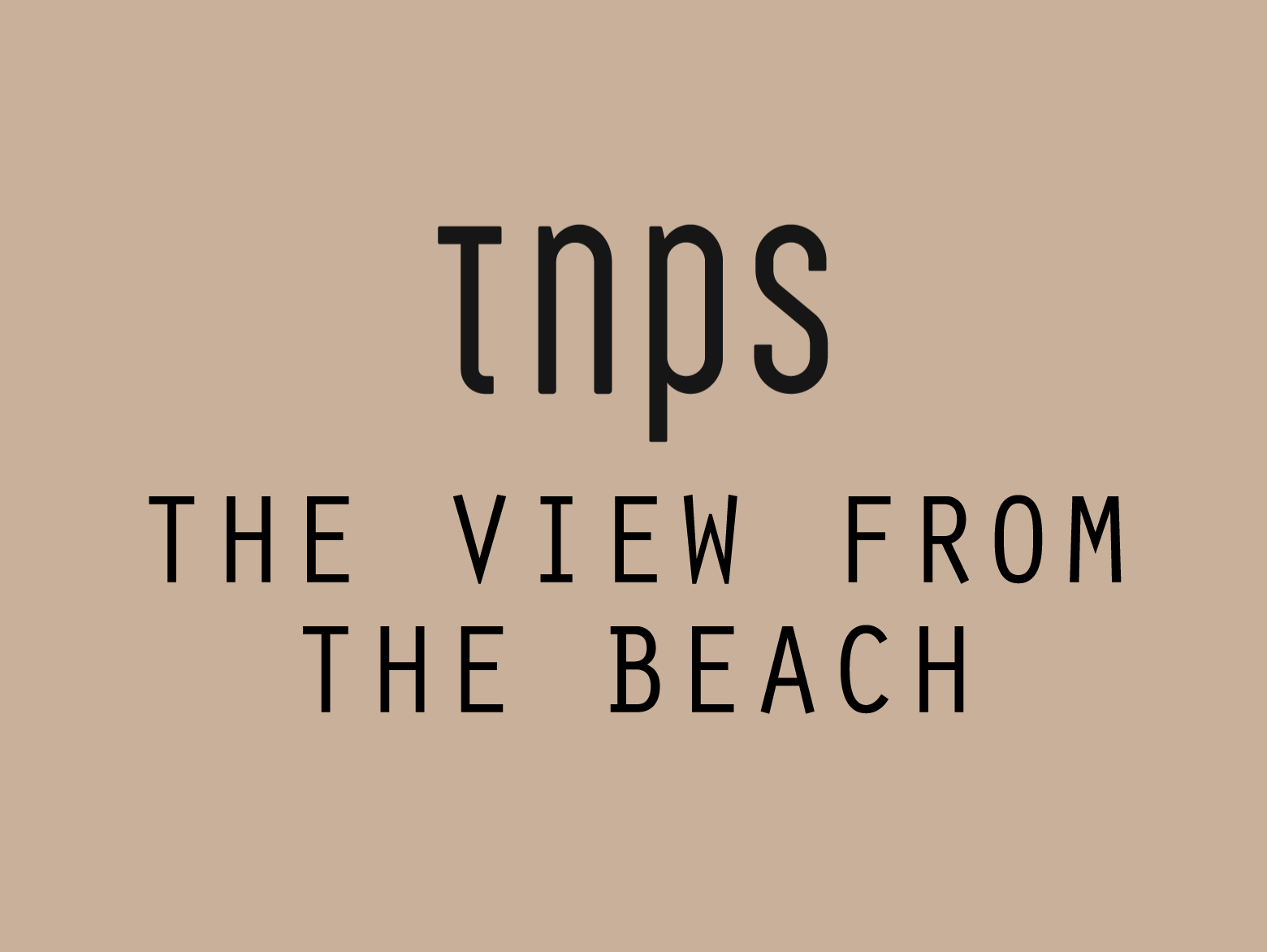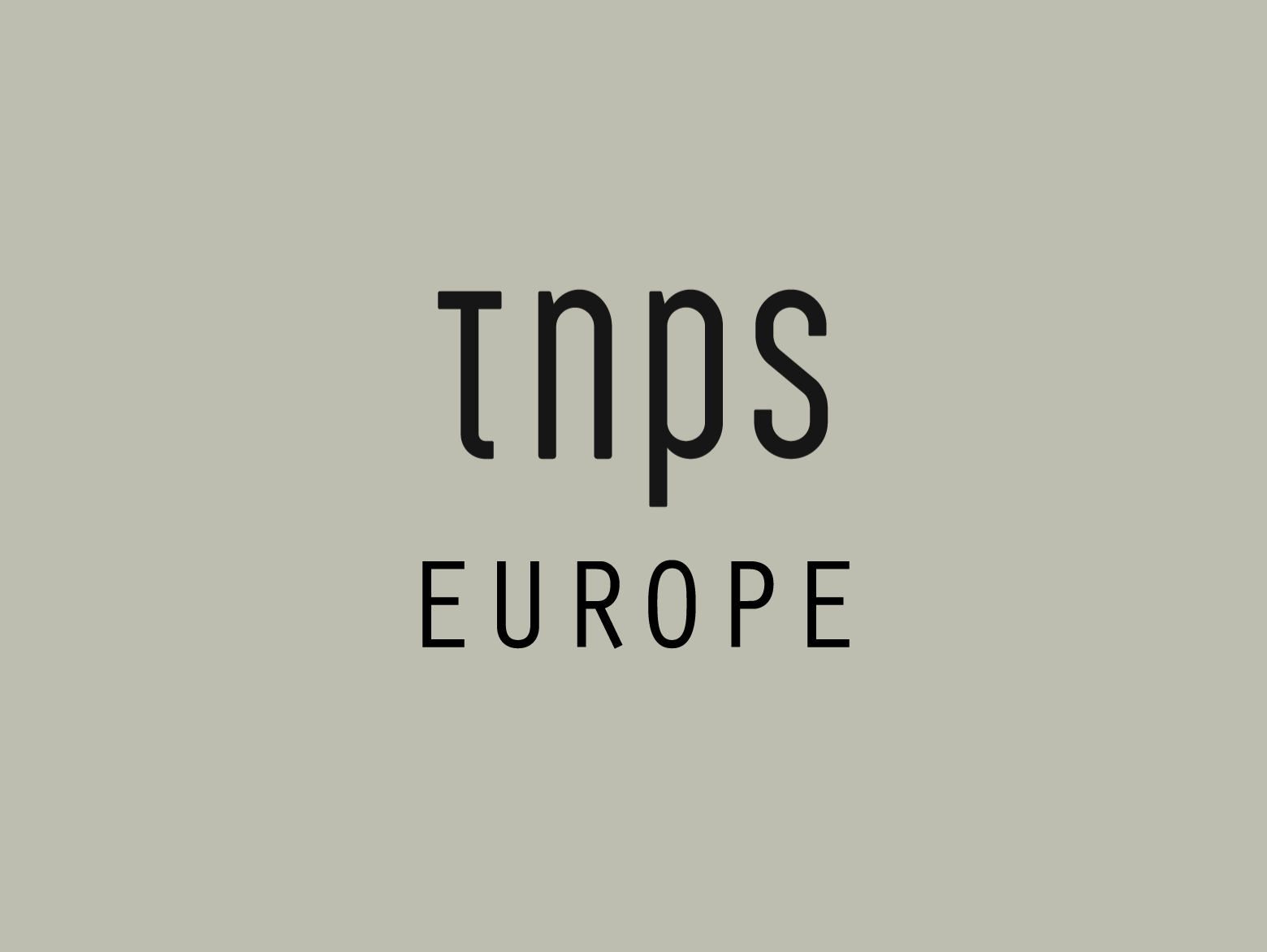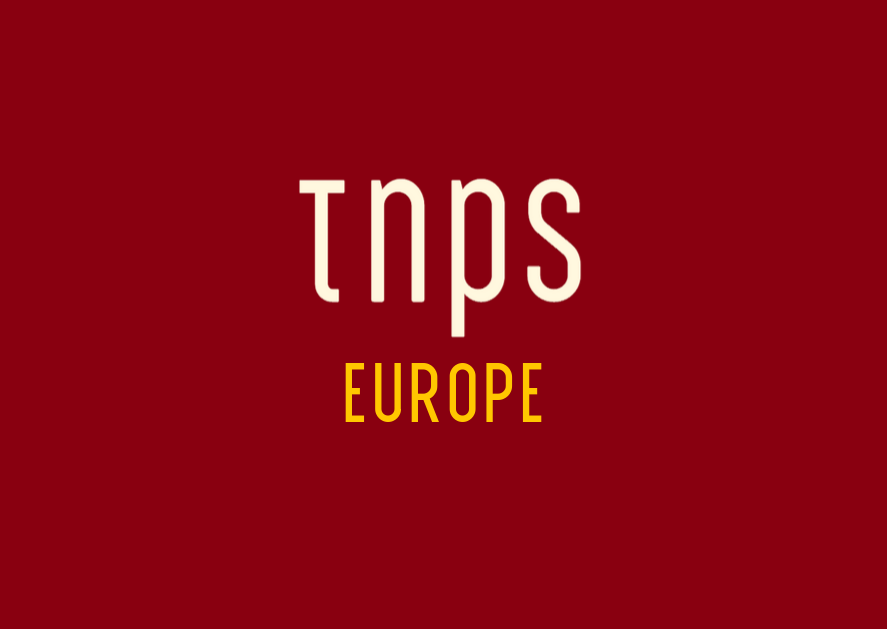The Hot Sheet is a publishing industry news-sheet for authors, produced every two weeks by Porter Anderson and Jane Friedman, and reviewed here every other Sunday as one of the best bi-weekly industry overviews available to authors.
We’re not interested in delivering breaking news, but perspective on stories that are likely to retain meaning for your long-term decision making. We provide distance and nuance on complex issues that affect all authors, whether traditionally published or self-published.

The Hot Sheet began this edition with a look at the separation of Book Expo and its Rights Centre, in a move one step away from Anderson and Friedman’s usual Hot Sheet indie-author focus. In doing so it provides us with some invaluable insights into a seismic shift in the global publishing arena.
While trade show organizers are trying to put a good face on it—with BookExpo endorsing the competition as a friendly event—a key component of the show is two miles away.
BookExpo opens today as North America’s key publishing trade show—with no international rights center. It was BookExpo’s to lose, and it lost it: this year, an event called the New York Rights Fair has been mounted instead by Publishers Weekly (and its online trading operation PubMatch), BolognaFiere (which produces Bologna Children’s Book Fair in Italy), and the Combined Book Exhibit (which presents English-language titles at international fairs).
At which point, if we are indie authors reading this, take a moment to go back and read that again. This is an aspect of “traditional publishing” many indies are oblivious to. A world of wheeling and dealing outside the cozy comfort zone of Kindle ebooks on Amazon, where authors and publishers make their money beyond the beady eye of Data Guy’s Author Earnings / BookStat, in a rarified atmosphere few self-publishers will ever experience.
But there’s a second insight here, barely touched upon, that reveals an even bigger picture many even in traditional publishing are not seeing.
I hope Porter Anderson and Jane Friedman will forgive my quoting more extensively than usual on this, but what they have to say is best not paraphrased. So,
Despite dropping America from its name to boost international interest, BookExpo has seen its ability to persuade foreign publishing and rights players to make the expensive trip to the States wane in recent years.
BookExpo’s rights center took an extra-big hit in 2016 when the show moved temporarily to Chicago; while rights centers at many other fairs and trade shows are growing, not fading, BookExpo’s center looked anemic last year at the Jacob Javits Center: empty trading tables and chairs stood in a lonely, curtained-off area far to the south on the trading floor.
Afterward, BookExpo’s producers, ReedPOP, conceded that the reduction of the event to two show-floor days had made international participation even less worth the cost of travel, particularly as pre-BookExpo conference events fell away.
It gets worse.
While officials promised to make the show more attractive for offshore visitors, the event has instead doubled down on its original mission to serve the domestic bookseller-publisher relationship. Getting trade authors cozy with bookstore workers is the goal of the majority of the events at BookExpo this year, with offerings of one-on-one sessions with editors and publicists plus an opening keynote from Barnes & Noble’s beleaguered chairman, Len Riggio.
That’s not to say New York publishing was a totally domestic affair this time around.
Seizing its opportunity, the consortium behind the New York Rights Fair (NYRF) has announced that it has more than 150 exhibitors—publishers, movie producers, agents, and literary scouts—from some 20 countries including Sweden, Italy, France, the UK, Norway, Finland, South Korea, the United Arab Emirates, Japan, Australia, and India.
In addition to the traditional rights-trading action of a good rights center, there’s programming: some 70 speakers are appearing in 21 panel presentations on a host of issues, from the impact of streaming services like Netflix and Amazon Prime to bestsellers and the success of Scandinavian crime fiction.
As Anderson and Friedman remind us, these two separate events were running simultaneously just two miles apart.
The duo’s bottom line is instructive:
While there’s nothing wrong with bolstering the efforts of bookstores, it’s hard not to worry that the shrinking BookExpo is looking increasingly isolated on the world stage at a moment when so much of American publishing is a global affair.
That’s something I’d like to dwell on briefly here.
Those who follow my writings here and elsewhere will know I’ve been saying a while now that the centre of publishing gravity is shifting inexorably east, with New York’s strategic importance slowly being eclipsed as we enter a new global publishing paradigm where America’s significance relies heavily on its market size rather than its leadership of the global publishing industry.
With close to fifty million Spanish speakers in the USA one might have expected US publishing to have embraced the Spanish-language markets, alongside its leading role in the Anglophone markets, but Mexico’s Guadalajara has long since claimed that crown.
For children’s and YA we look not to the USA but to Bologna or Shanghai, and it is Shanghai and Beijing between them that, in the space of a few short years, have risen from obscurity to become the eastern counterpoint to New York.
Alongside Bologna and London in Europe, Frankfurt is of course the de facto centre of global publishing right now, linking east and west while fulfilling a role New York was never going to tackle – bringing the emerging markets into the global publishing arena.
It’s noteworthy that New York, supposed doyen of the Anglophone publishing world, has made no serious attempt to embrace the Anglophone markets beyond the usual suspects – Canada, Australia, New Zealand and the UK.
Does New York even know the India market exists? Malaysia? The Philippines? Nigeria?
It’s a telling point that, when you remove the global rights element from New York’s Book Expo, as happened this year, all we are left with is a wallow of self-pity and insularity.
No wonder then that, along with Frankfurt and Beijing/Shanghai, we have a third publishing centre rising from the sands of the Middle East, in Sharjah.
Even the comic book world has not been immune from this drift. Last year the New York Comic Con, the unequivocal leader of the global comic industry, pulled in a record 200,000 visitors, only to have the crown snatched away just weeks later by Sao Paulo.
As noted here in April, Netflix is due any time now to reach the tipping point where the bulk of its revenue comes from outside the United States.
https://thenewpublishingstandard.com/as-netflix-approaches-the-global-revenue-tipping-point-publishers-need-to-sit-up-and-take-notice/
Meantime US publishing is not just still partying like its 2009, but hasn’t spotted the party has moved to a new venue.
Thanks again to Porter Anderson and jJne Friedman for that excuse to explore the topic fully.
The rest of the Hot Sheet?
Well, as usual, so much I’d like to reference, but I’m going to have to be even more sparse than usual now, having used up my allotted space and quotes quotient.
So here just to say if you are not signed up the the Hot Sheet than you also missed discussion of the closure of Kindle Worlds.
Ever so briefly:
The fan-fiction publishing platform, started in 2013, will cease to exist by September 2018
Earlier this month, the email notices started to go out: Amazon is shutting down Kindle Worlds, with submissions closed effective immediately. While some authors had noticed a decrease in support and marketing activity surrounding the program, the notice was largely seen as abrupt.
While Kindle Worlds has never been a widely known or talked-about program, for those in the industry, it was a fascinating experiment, pointing toward a workable path for monetizing fan fiction.
So why did Amazon shut it down? Kindle World creators and contributors haven’t been given an explanation by Amazon (of course) for this latest development, but the shutdown follows on the heels of another notable closure: that of Kindle Scout, which we covered in April. We notice a few things in common between the programs: they were populated by a cohort of indie authors, they required Amazon staff to be involved in some kind of reviewing/curation (but not as acquiring editors or hands-on editors), and they were driven primarily by low-priced genre fiction ebooks.
Staying with Amazon, the Hot Sheet looks at the rise of Amazon publishing.
Amazon Publishing has often been overshadowed by author activity and success on the self-publishing platform Kindle Direct (KDP). That’s changing.
Speaking of Kindle Worlds and Kindle Scout being shuttered by Amazon, we see a parallel gain in traction for Amazon Publishing (APub), a potential sixth among the Big Five trade publishers.
Sorry, but the rest of the discussion, and its implications, will have to stay in the Hot Sheet, such are the limits of fair use for reviewing.
The duo also take a look at Amazon’s disappearing reviews.
Again, much here I’d like to cover, but will have to pass on.
This time around the Hot Sheet puts the little-known Australian self-publishing firm Tablo in the spotlight.
While I’ve never seen the point of Tablo – for a long time it was iOS focused –I’m delighted to see it is not only still going but has half of its customer base in the US, and is apparently expanding.
How? Sorry, you’ll need to subscribe to the Hot Sheet to find out the Anderson and Friedman verdict on this and lots more.
Yeah, it’s a cruel world.
NB: The New Publishing Standard does not carry affiliate links and we receive no compensation from any mention of any service, paid or otherwise.

